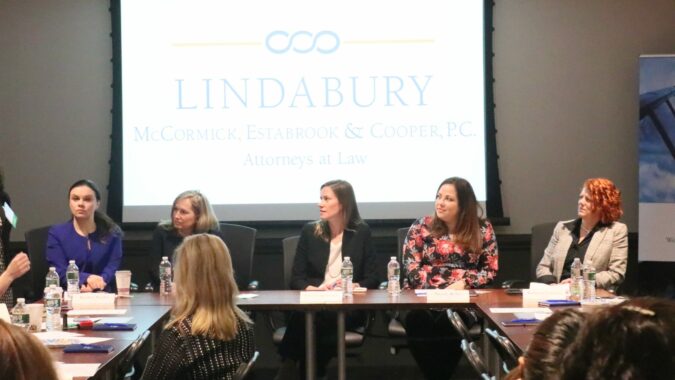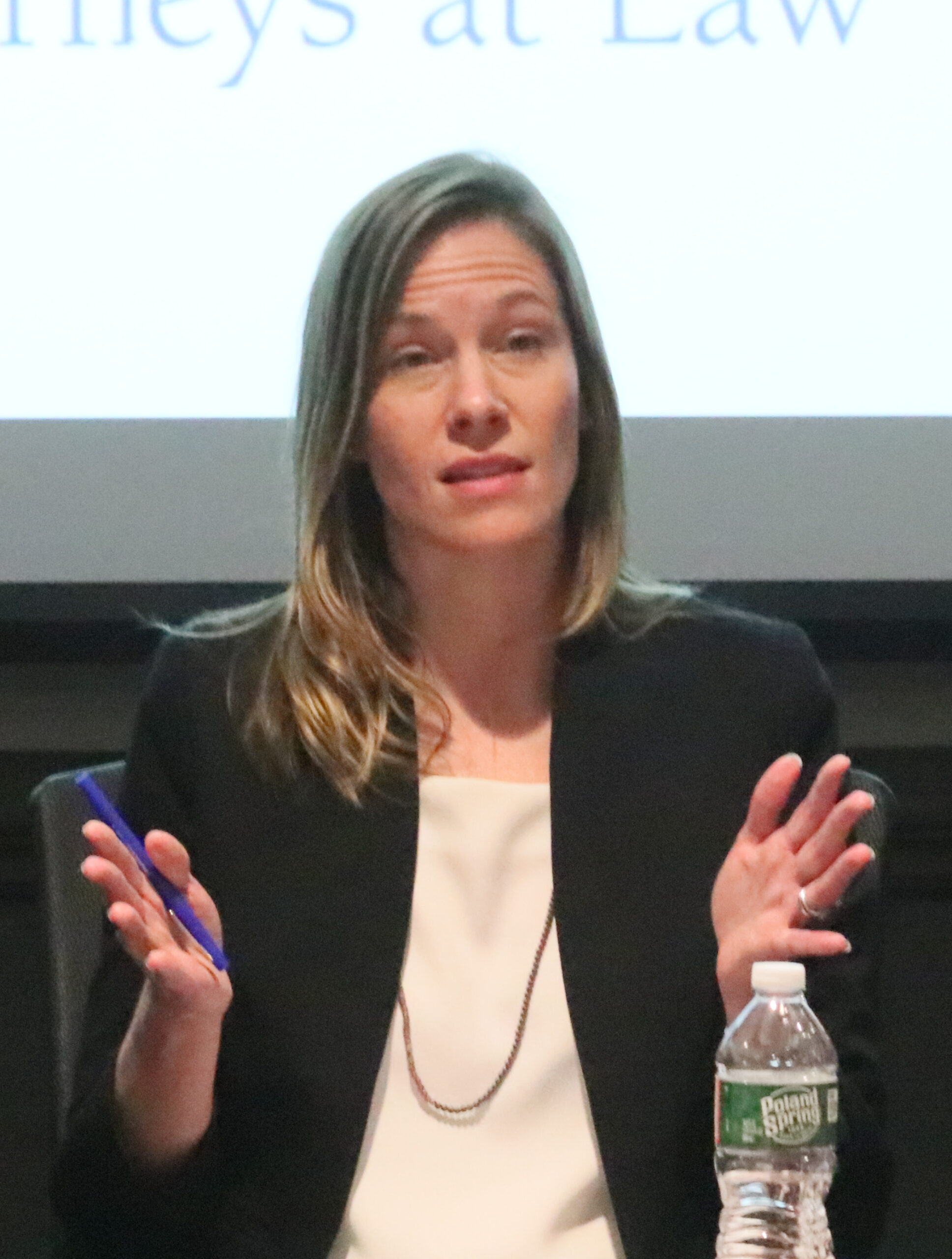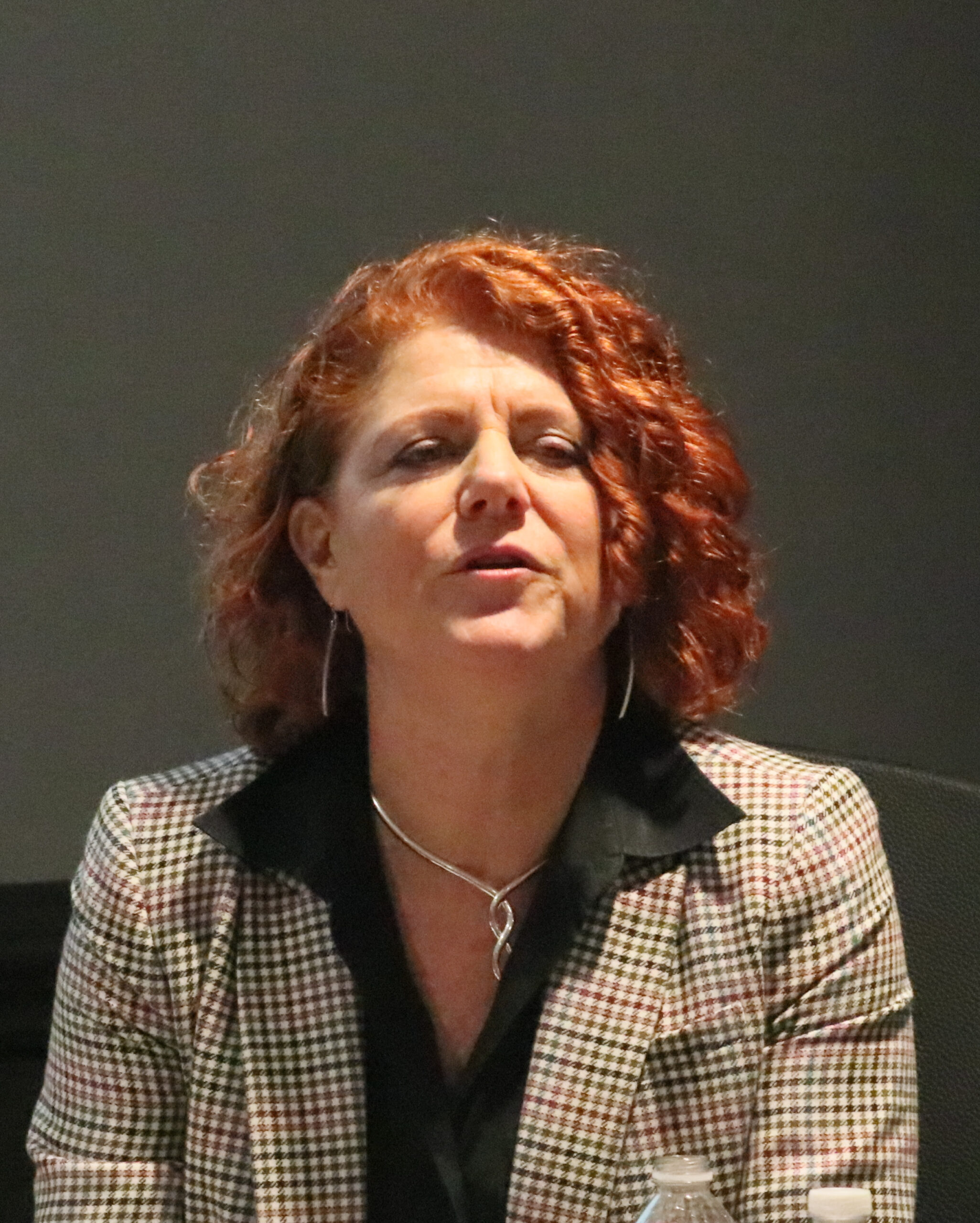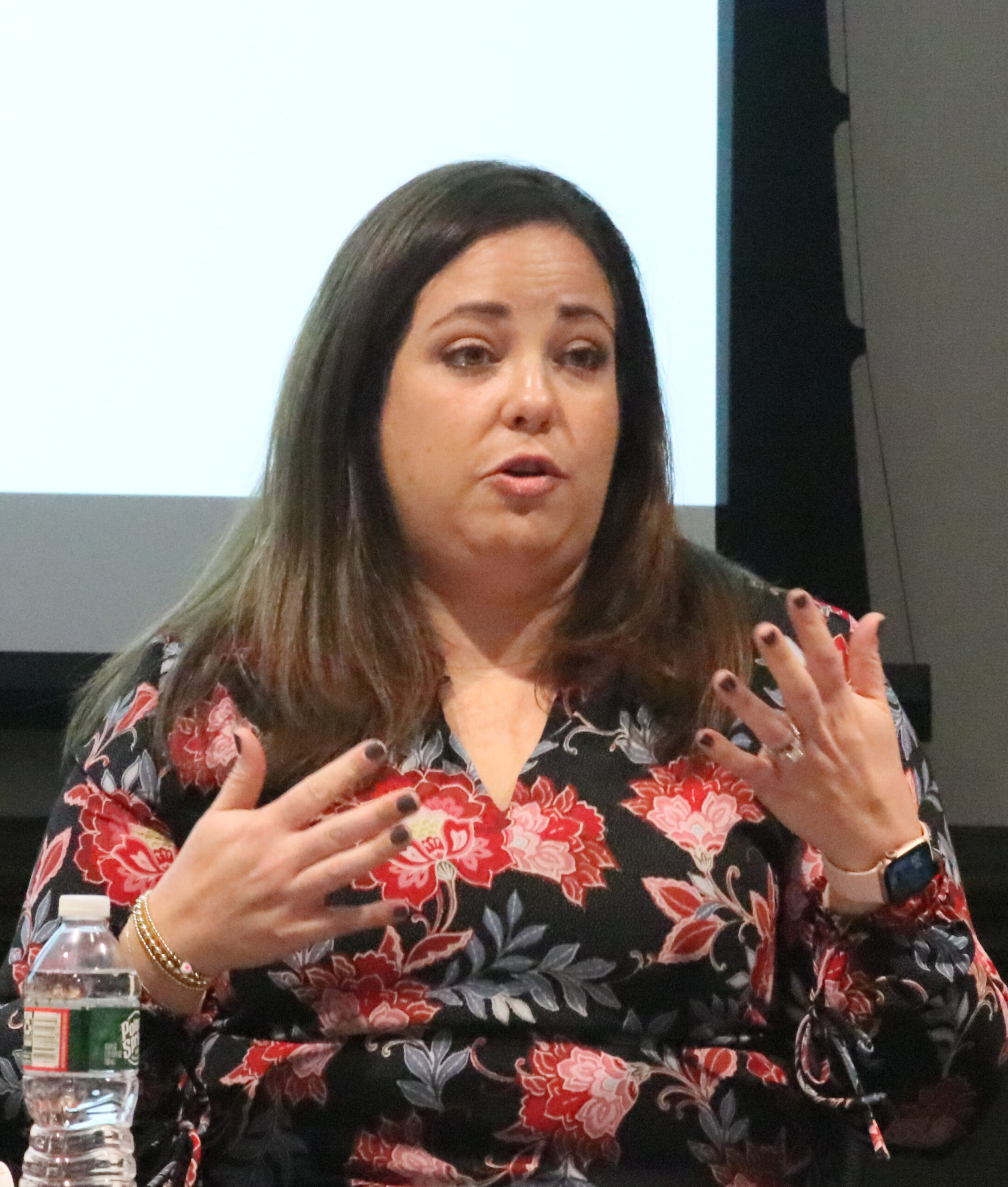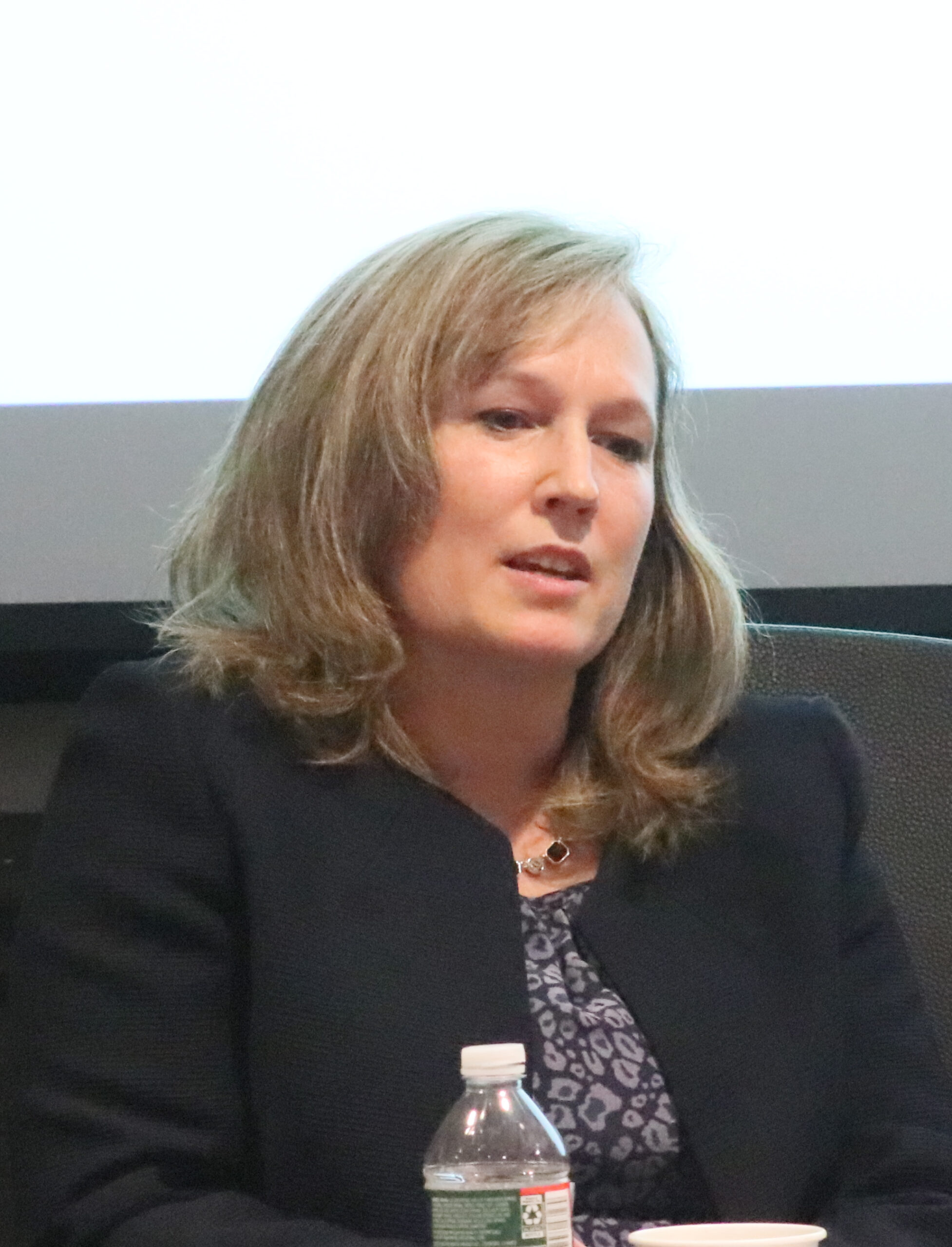The workplace has changed and, to adapt, workers need to change with it.
More women in the workforce has pushed sexual harassment to the forefront of work culture, which, along with wider generational spans, adds new expectations to how things are done.
Thursday, five working women from the law firm Lindabury, McCormick, Estabrook & Cooper, P.C., discussed what that means in practice before 30 attendees at a recent NJBIA Women Business Leaders Council meeting.
“Today we want to talk about some issues that all working women face, regardless of what industry you’re in, what stage of your career you’re in, what sort of clients you serve,” said attorney Lisa Gingeleskie, who works in the firm’s Labor, Employment & Employee Benefits group and served as a moderator for the discussion.
Changing Workplace
Kathleen Connelly, a workplace law attorney at the firm, recalls the days of sink-or-swim on-the-job training where employees are handed an assignment and told to go figure it out. She recalled being told to learn how to deal with difficult people when she complained about her treatment at work.
Today, like it or not, those ideas are mostly gone, and for Connelly, there’s one simple root cause: “We raise our children now to stand up for themselves,” she said.
She advised attendees to look for ways to bridge the gaps, such as using technology to share articles or information that isn’t necessarily work-related, but of interest to a colleague or client. Emailing an article, for instance, and saying, “I was reading this article yesterday, and I thought of you,” or “I know you deal in this kind of work, and here’s an article about it.”
Changing Yourself
No matter how enlightened workplace policies may be, employees are still responsible for how they present themselves at work. For family law attorney Nicole Kobis, that meant training herself to communicate differently.
“I’m an apologizer,” Kobis said. “Instead of saying, ‘Excuse me,’ I say, ‘I’m sorry.’”
That can be a problem when you’re a lawyer communicating with adversaries and clients, so Kobis explained how she works hard on emails, text messages and even phone conversations so she doesn’t instinctively apologize.
“So instead of saying, ‘I’m sorry for the delay,’ I’ll say, ‘Thanks for your patience’ and then give them the exact answer they want,” Kobis explained. Or if she can’t give them a detailed response, she will offer to set up a time at a later date.
“That way at least your client knows that attention is being given, but now is not going to be a good time, I’m not going to be able to give you the level of service you deserve,” Kobis said.
Knowing Your Culture
Rachel Nudel came at the subject from the perspective of someone in career transition: She is an experienced attorney, but relatively new to Lindabury. She urged women not to let the fact they’re new stop them from asking for what they need or want, but to make sure to understand the culture in doing so.
“As women, I think we tend to be timid about asking for what we want some times,” Nudel said. “We think, ‘I’ll eventually get those benefits or what they need.’ It’s important to ask for it, and it’s important to ask for it early so everyone’s expectations are set and no one is surprised.”
In doing so, make sure what you’re asking for is reasonable and necessary. Nudel likes to think of it as non-negotiables vs. negotiables, all while being mindful that as the new person, you still have to prove yourself.
“You have to give yourself time to adjust,” Nudel said. “You have to be a good listener and a good observer. I know that sounds really obvious, but your eyes and your ears are really valuable assets.”
The Only Woman in the Room
Elizabeth Manzo, a certified elder law attorney, has spent a lot of time with clients in the construction industry throughout her career, so she knows what it’s like being one of a few women in the room, if not the only one.
“It makes it easy to win women’s low net” at the annual golf outing, she quipped. It also means you will get noticed.
“People know you because it’s easy to identify with the one or three of us wandering around the room,” Manzo said. “So everybody knows you, but you don’t necessarily know everybody else’s name.”
The other part is to understand the dynamics of the group before you walk into the room. Knowing the message and where it’s going to be receptive, and who your allies in the room may be. “This applies to any group before you walk into the room,” Manzo said. “I try to very much get an understanding of the politics that are going on.”
